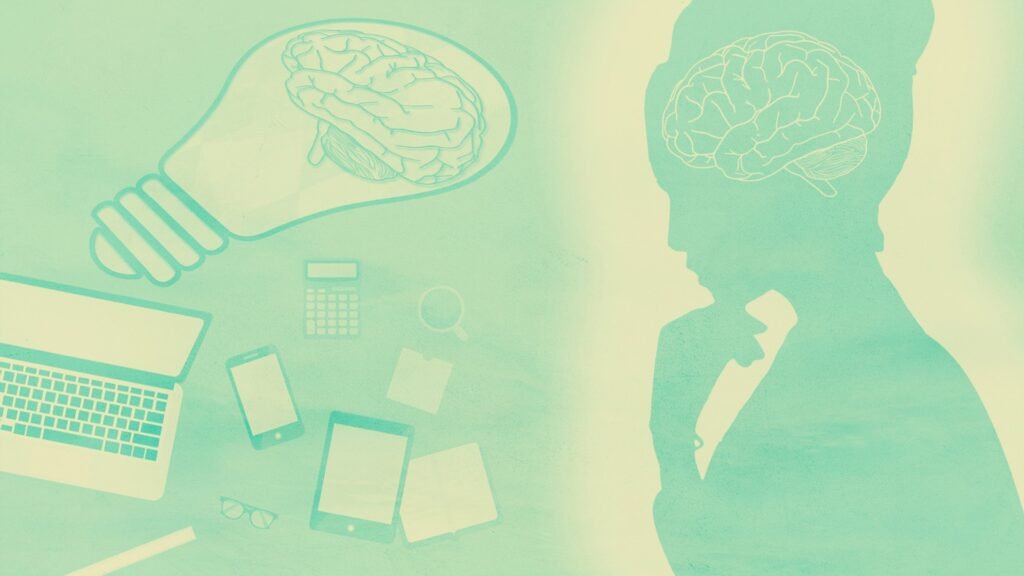In a digital era, teachers should know more than the ERP full form and advanced towards its functionality unique features, and uses. For this, they need to first master their teaching methodologies and then try to adapt the methods to an online platform. This can come with a proper understanding of educational psychology.
What is educational psychology?
Educational psychology is the understanding behind the concept of human learning, their behaviors, contributions, and efforts to educate themselves. It also includes uncountable factors that might influence learning. For example, a learning management system might enhance the institution’s ability to impart learning but does not improve the efficiency or progress of students by much. An educational psychologist can explain the reason why.
The following key theories summarize the major parts of educational psychology.
Behaviourism
It depends on the analysis or prediction of behaviors during the educational process. Tourists use both negative and positive reinforcement to discourage or encourage certain behaviors among students. the school emphasizes the importance of correctional behavior because practicing them can impact their everyday life. It helps students discipline themselves.
Behaviourism contributes to the development of deep moral values and helps shape the character and personality of students.
Applications
- Helps in shaping the disciplines of education and psychology.
- Insights of a behaviorist advise educational institutions on teaching methods.
- Breaks larger learning goals into smaller portions with conveniently spaced out goals to impact desired behaviors of the student.
- Key theorists: John B Watson, Ivan Pavlov, BF Skinner, Edward Thorndike
Social and contextual
The relationship between learning concepts and relating them with their prior knowledge shows social and contextual learning psychology. How environments, learning factors, and personality behaviors influence each other while shaping educational strategies form the key principle of the social and contextual thesis of learning.
One of the concepts to explain social and contextual learning is diversified understanding. It is believed that a group’s effective learning process depends on the person’s understanding, problem-solving abilities, and cooperation with teachers and classmates.
- Key theorists: Thomas Sergiovanni, Lev Vygotsky, Rogoff, Albert Bandura, Etienne Venger, Jean Lave.
Constructivism
The belief that learners accelerate and create knowledge rather than impart it passively is known as constructivism. Constructivists stress the importance of an educator in a learning process because they responsibly construct the idea of a concept in the minds of students through teaching methodologies.
It can be of two types, cognitive and social.
Cognitive constructivism shows that learners construct their idea of sips by processing information through their perceptions. Social constructivism believes that students learn naturally by the process of experimentation and discovery. Experiencing knowledge and information practically is the main emphasis of social constructivism.
Applications
- Helps incorporate and maintain lesson plans.
- Teachers drain themselves by constructivist influences on learning.
- Popular classroom practice among students as an initial method of learning.
- Key theorists: Jerome Bruner, John Dewey, Lev Vygotsky, Jean Piaget.
Experientialism
The approach towards learning by educators from first learning about the topic themselves is known as experimentalism. There are cyclical stages that keep repeating in the form of loops that helps educators and learners improve their talents and apply the newly learned knowledge.
The most important factor about experimentalism is that it rejects every other didactic approach to learning psychology. It says that educators cannot be solely responsible for directly imparting knowledge to students, they should first learn about it themselves even though they are qualified enough to practice without prior training.
For example, teachers need to experience engaging with students, and applying different teaching methodologies to understand the learning capacity of students first. Simply put, educators need to facilitate the learning process by experimenting with different learning environments. Freely experimenting allows them to create a feedback loop that can shape applicable teaching methodologies.
- Key theorists: Carl Rogers, David A Kolb
Cognitivism
Cognitivism approaches learning psychology by first assuming that the learning patterns of individuals are different from that of creatures because they think rationally.
According to this key principle, human behavior is a reflection of their mind and conception of the world rather than external stimuli. An individual’s learning process involves the integration of data into an already stored body of knowledge. Therefore, factors like age and IQ play a role in determining learning capacity and are recognized in cognitive psychology.
- Key theorists: Mariner David Merrill, Roger Shank, Robert mills Gagne, Jean Piaget, Charles Reigeluth, Jerome Bruner.
Also Read: 4 Ways To Avoid Going To The Dentist.

